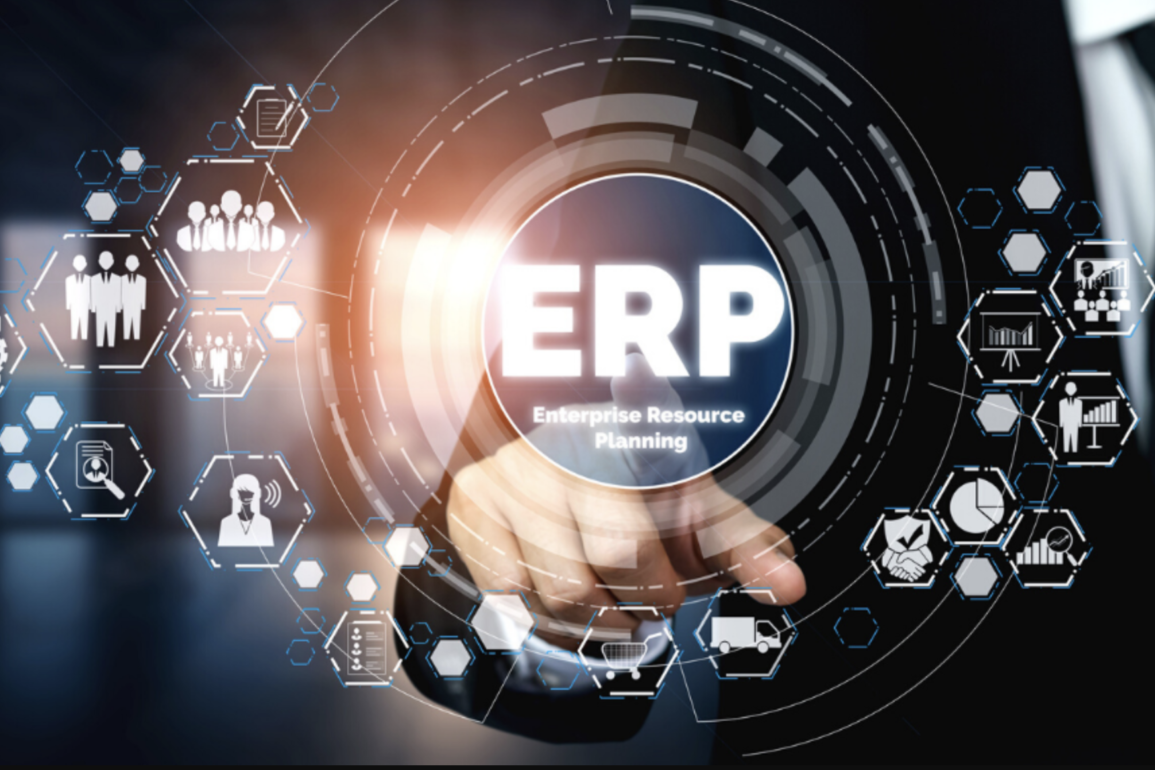When the Covid-19 pandemic hit Kenya in March 2020, it came with new demands for industrial automation.
Many corporates and small and medium sized businesses already using software to manage their operations soon realized the economic conditions created by the virus required them to update existing Enterprise Resource Planning (ERP) software or acquire new ones.
As the necessity for employees to work from home rose, software vendors bolstered their cloud storage and capacity, while companies increased the number of software users.
For those that had never managed business from home before, the pandemic opened their eyes about the future of work and adopted modern ERP software such as SAP, Syspro, Sage X3, NetSuite, Workday and Microsoft Dynamics.
Mission for Essential Drugs and Supplies (Meds), a non-profit organization based in Nairobi and Kisumu was running on various unintegrated third-party applications before then.
It was time consuming and tedious to get an end-to-end view of all its operations. The organization, which has 229 employees, sought for a solution that could give better control of its operations, simplify its supply chain management, and increase operational efficiency.
“Before migrating to Syspro’s ERP, we had Syspro Encore software. We were looking for a solution that could integrate all the departmental systems,” says Alex Kimondo, Meds ICT Manager.
Med’s goal, he adds, was to accelerate business activities, processes, competencies and models to fully leverage the changes and opportunities of digital technologies and their impact in a strategic and prioritized way.
“We also wanted to manage our processes centrally and have control of all our operations especially with suppliers and customers,” he says.
By automating many processes within the supply chain, Meds said it has seen employee productivity increase by about 15 percent.
By upgrading from Syspro 7 to Syspro 8, Meds says the new software has helped reduce order processing time, allowed field officers to work remotely, given it more control and visibility of the supply chain and reduced complexities in managing financial journals.
“One of the biggest benefits is the reduction in the number of days it took to process customer orders from four days to one day,” reveals Mr Kimondo.
Many companies needed software that could run on one robust, scalable and secure database.
They also felt it was important to upgrade to a system that adapts to emerging and evolving technologies enabling them to achieve digital transformation, evolve, drive growth and improve overall user experience.
When the Distell Group acquired a majority share in Kenya Wine Agencies Limited (KWAL) in 2017, KWAL embarked on a journey to transform its ERP system in line with Distell’s strategy to integrate all its systems and data on a single platform.
Joshua Koskei, KWAL’s ICT Manager says the target during the pandemic was to manage its spirits, fine wines, ciders and ready-to-drinks via a cloud-based stable software.
“Distell’s strategy of deploying a standard ERP solution throughout all its Africa operations has provided us with full integration of all our systems and data on a single platform,” says Mr Koskei.
“We now have standard costing practices across the group. Syspro has also significantly improved our productivity. By giving us more active control of our production costs and improved visibility into our operation, paving the way for us to increase our profits.”
For Synresins Limited, a mid-sized company in Nairobi with 75 employees and the largest manufacturer of synthetic resin in East and Central Africa, needed a software solution that complimented the dynamics of the growing business.
For a long time, transactions were slow to process, and timely reports difficult to generate. Company operations had slowed down.
But since it achieved the ability to quickly analyze complex data, get business insights, make timely decisions, eliminate mundane tasks and reduce the number of man-hours in admin related tasks, the company says it has seen a return on investment of about 90 percent and a 40 percent increase in employee productivity since the company upgraded to Syspro 8.
“I can generate a sales or inventory report at a click of a button. My staff do not have to spend hours putting together reports. Extracting a report from Syspro 6 was very difficult because it was not possible to extract the reports in excel or PDF formats,” said Mira Shah, Synresins CEO.
According to Syspro, factors that necessitate ERP software upgrade are outdated legacy systems, business expansion, new market demands and leadership changes.
Over the pandemic period, ERPs have facilitated a new level of interconnectedness between core business processes, external data, IoT devices and third-party applications.
IoT-enabled manufacturing ERP can now easily link and sync your office with your shop floor.
Such a system can also take charge of inventory control, delivering data to the ERP backend in real-time, instantly updating inventory balances and cost calculations to keep numbers accurate.
Although demand for cloud-based solutions has garnered industry attention, mobile apps are now becoming the primary technological reality ruling ERP features for the manufacturing sector.






